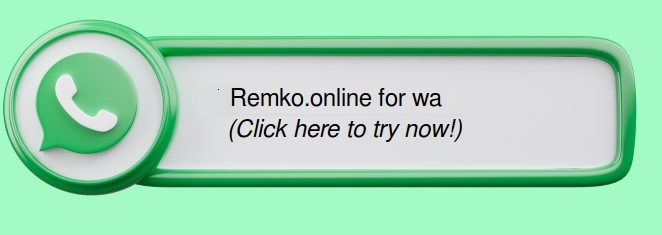Halal Certification Guide for Restaurants in Indonesia
Requirements
To obtain a halal certificate for a restaurant in Indonesia, the following requirements must be met:
- Compliance with Halal Standards: The restaurant must ensure that all food and beverages served comply with Islamic dietary laws, which means they should not contain any haram (forbidden) ingredients such as pork or alcohol.
- Business Registration: The restaurant must be legally registered in Indonesia.
- Halal Assurance System: The restaurant must implement a halal assurance system that includes proper handling, storage, and preparation of halal food.
- Training: Staff should be trained in halal practices to ensure compliance with halal standards.
- Documentation: All necessary documents must be prepared and submitted as part of the application process.
Needed Documents
The following documents are typically required for the halal certification application:
- Application Form: A completed halal certification application form.
- Business License: A copy of the restaurant's business license.
- Menu: A detailed menu listing all food and beverage items offered, including ingredients.
- Supplier Information: Documentation regarding suppliers of raw materials, including halal certificates from suppliers if available.
- Halal Assurance System Documentation: Evidence of the implementation of a halal assurance system, including standard operating procedures (SOPs) for food handling and preparation.
- Staff Training Records: Documentation showing that staff have undergone halal training.
- Facility Layout: A layout of the restaurant showing the separation of halal and non-halal food preparation areas, if applicable.
Procedure
The procedure for obtaining a halal certificate in Indonesia involves several steps:
- Prepare Documentation: Gather all necessary documents as listed above.
- Submit Application:
- Submit the application and required documents to the Halal Product Assurance Agency (BPJPH).
- The application can be submitted online through the BPJPH website or in person at their office.
- Appointment of Halal Inspection Agency:
- After submission, BPJPH will appoint a Halal Inspection Agency (LPPOM MUI) to conduct an audit of the restaurant.
- Audit Process:
- The appointed agency will conduct an audit to verify compliance with halal standards. This includes checking the documentation, inspecting the facilities, and interviewing staff.
- Issuance of Halal Certificate:
- If the restaurant meets all halal requirements, the halal certificate will be issued. The certificate is valid for a specific period, after which renewal is required.
- Display of Halal Logo:
- Once certified, the restaurant can display the halal logo on its premises and marketing materials.
Important Information
- Validity: The halal certificate is typically valid for 2-4 years, depending on the issuing agency's regulations.
- Renewal: Restaurants must apply for renewal before the certificate expires, which may involve a re-audit.
- Non-compliance: If a restaurant is found to be non-compliant during an audit, it may be given a chance to rectify the issues before certification is denied.
- Costs: There may be fees associated with the application and audit process, which can vary based on the agency and the size of the restaurant.
Relevant Links
- Halal Certification Guide: ASEAN Briefing
- LPPOM MUI Halal Certification: LPPOM MUI
- Halal Certification Procedure: LPPOM MUI Procedure
- Halal Product Assurance Requirements: Trade.gov
- Halal Certification FAQ: LPPOM MUI FAQ
- Halal Certification Guidelines: Halal.go.id


